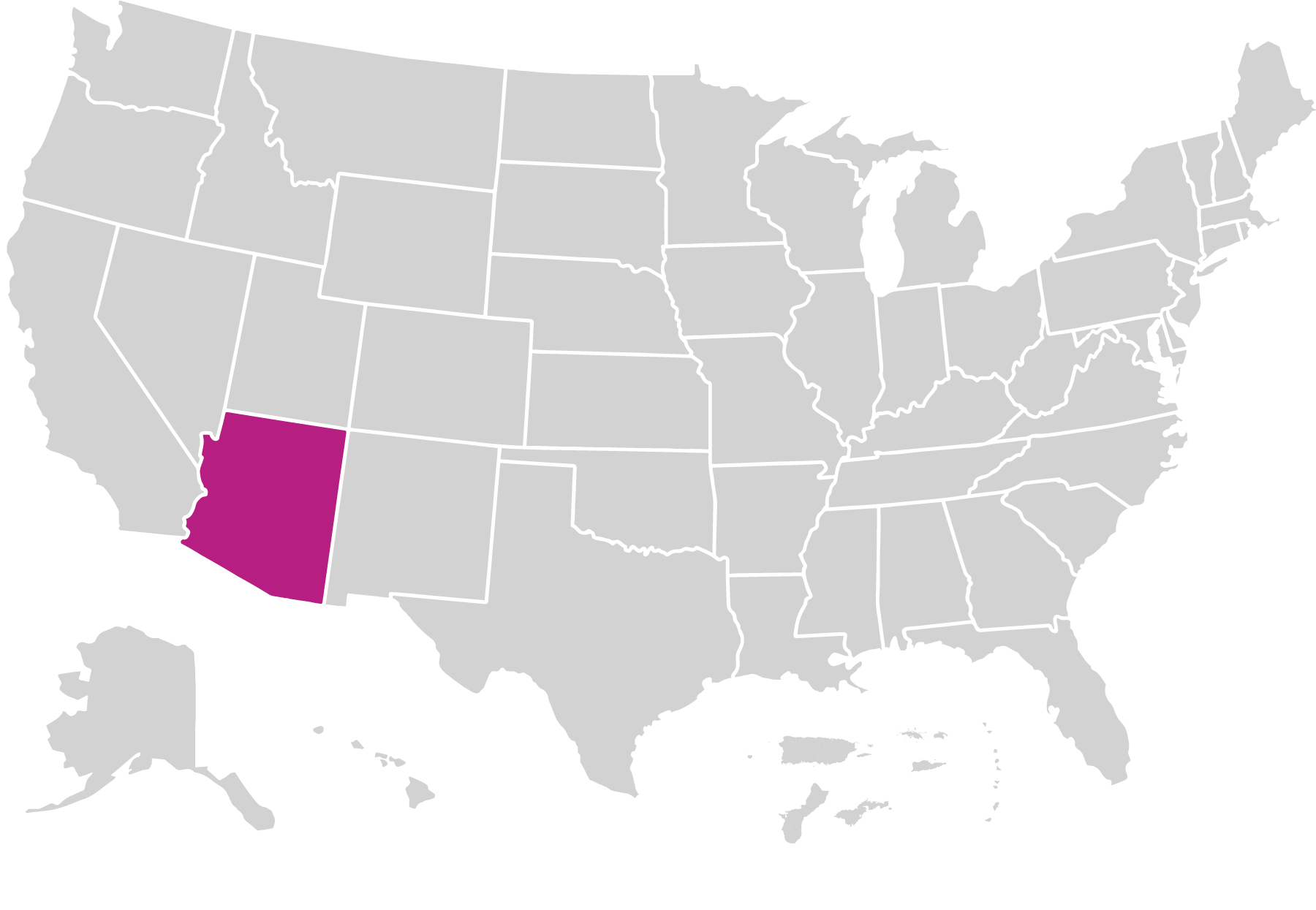High Risk Perinatal Program
High Risk Perinatal Program (HRPP) is dedicated to reducing maternal and infant mortality and morbidity. The model helps children and families transition from the special care nursery (SCN) or neonatal intensive care unit (NICU) to their home and community. Community Health Nurses monitor children’s medical and developmental needs, provide support and education to families, and make referrals to other early intervention programs or community resources.
What is the model’s approach to providing home visiting services?
HRPP recommends at least four home visits lasting 60–75 minutes each per family. The first visit occurs after the child is discharged from the hospital, and the other visits can take place when the child is 2, 4, 6, 8 or 9, and 12 months old. Additional visits may be provided based on family need. The Community Health Nurse can visit until the child is 3 years old.
HRPP’s service population includes the following:
- Families who have stayed in the SCN or NICU for at least 120 hours
- Children diagnosed with neonatal abstinence syndrome
- Children with special healthcare needs referred by a neonatologist
Who is implementing the model?
Home Visitors
HRPP was implemented by 34 Community Health Nurses in 2023. The model requires Community Health Nurses to have a bachelor’s degree in nursing and to be an Arizona Licensed Registered Nurse with Basic Life Support Certification. The model also requires experience in maternal and child health, pediatrics, and/or the NICU.
Supervisors
HRPP was implemented by 16 supervisors in 2023.
Where is the model implemented?
HRPP operated in 8 local agencies in 1 state in 2023.

Families Served Through Home Visiting in 2023
Race
4% American Indian Alaska Native
4% Asian
8% Black
<1% Native Hawaiian Pacific Islander
82% White
* Multiple
Ethnicity
42% Hispanic or Latino
58% Not Hispanic or Latino
Caregiver age
2% ≤21 years
27% 22-29 years
69% 30-44 years
2% ≥45 years
Caregiver education
9% No HS diploma
34% HS diploma or GED
21% Some college or training
35% Bachelor's degree or higher
Child insurance status
55% Public
43% Private
2% None
Primary language
92% English
8% Spanish
Child age
16% <1 year
78% 1-2 years
5% 3-5 years
